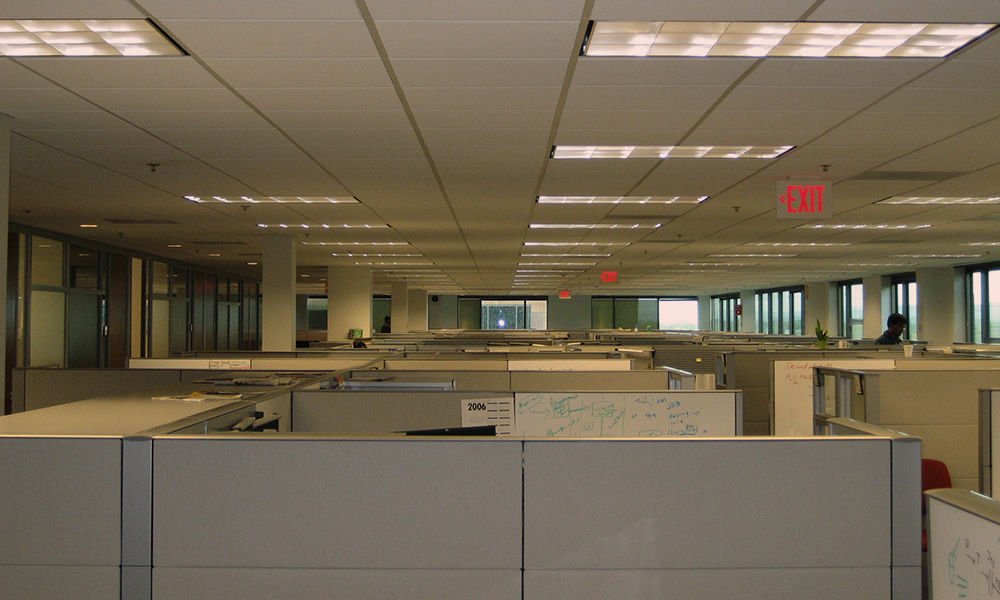‘We didn’t ask for a meditation app, we want to be able to pay our rent,’ was the viral response of employees when Starbucks offered them a free subscription to apps that assist in mental health exercises such as meditation and relaxation techniques. Mental health in the workplace has raised public concerns all over the globe with many organisations stepping up to claim sensitivity and care for their employees’ mental well-being. But there seems to be a blind-spot in this collective awareness that poses a question we are too tongue-tied to ask: where is all this stress coming from?
Answering this is metaphorical to finding a strange wire and tracing it back to its origin. Some organisations received public praise over being sensitive to the mental health of their employees. One such news involved an email response of a US-based company’s boss to one of his employees overtaking a sick leave for her mental health. The heartfelt reaction by the boss thanking the employee for reminding him the importance of such leaves spark attention but leave gaps into understanding the roots of workplace distress.
One reason to explain these gaps is that we seem to stress more on the existence of the ‘symptom’ rather than finding out what’s causing or maintaining it. With ample research establishing the obviousness of struggle with mental health problems, less emphasis is paid on the meaning of these problems, their subjective experiences, and the discourses that have made sure of their existence.
Undoubtedly, awareness towards this area is important and so is the increasing use of measures like sick days and access to healthcare for employees, but such prevention is tertiary and only acts as a band-aid to a deeper wound. Fixing distress on surface levels is a less-discussed but widely accepted norm in mental healthcare as it prevents us from identifying the larger forces behind psychological distress, be it political, economic, social or an integration of all three: capitalism.
And so it happens that we must attempt to understand mental health issues in the workplace from such an intersectional lens and ask ourselves bitter questions: is it the work that is stressful or is it the conditioning of my capacity to work? Why is it that I feel burned out and yet I push more to chase targets and deadlines? Or, why does taking a break feel like a betrayal?
Living in a ‘just world’
To understand this link, it is crucial to first note that the oppressed classes are more vulnerable to developing mental health issues than their privileged counterparts. For years, research has shown significant links between low socioeconomic status, levels of income, poverty, their intersection with caste, and gender with the susceptibility to developing psychological distress. But how does this get transformed into the narrative of productivity?
Capitalism assumes a ‘just world’ where people who are well off have worked harder for themselves while those who are unemployed and are unable to provide for themselves or their families, despite their marginalisation, are probably not striving enough. A classic example of this dichotomy involves the existence of two kinds of people: one section attributes inspiration to billionaires ignoring the exploitation of workers and the other section which labels the disadvantaged as ‘freeloaders’ for having free access to basic services.
Ability to work hard, multi-task, lead teams and take challenges have become key strengths to every résumé but they allow the shaming of those who remaining equally efficient are unable to identify with such labels. What ends up happening is an internalisation of this exploitation- unless someone adheres to the criteria of productivity set by the organizations, they are neither good enough to stand a chance in the paced world nor do they deserve to be paid.
‘I have had nightmares over unfinished work that shall get reviewed the next day and would expect myself to stay back at work just because I thought it was expected of me,’ says a Bangalore based software engineer, Nandita (name changed) who started as an intern at the company she now works with. ‘I remember going to the washroom to cry in between work. ‘
Himani K, a Delhi-based psychologist who works with office employees shared her observations saying, ‘At a workplace, people often experience as if they have no innate value and labour is all they have to provide. The only way we tend to calculate the labour of a person is through the output they produce. It ends up separating the ‘person’ from the ’employee’.’
Explaining how these parameters conditions people to keep aside their individuality and only envision the profits of the company as their personal goals, Himani continued, ‘If we lived in a fair system of free and accessible health care, nutrition and education, this system of paying the labour and not the labourer would be just too. But in our current scenario, this…










